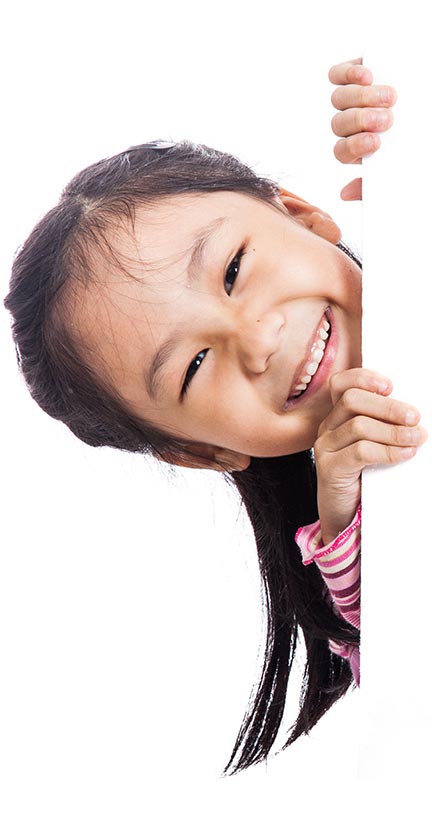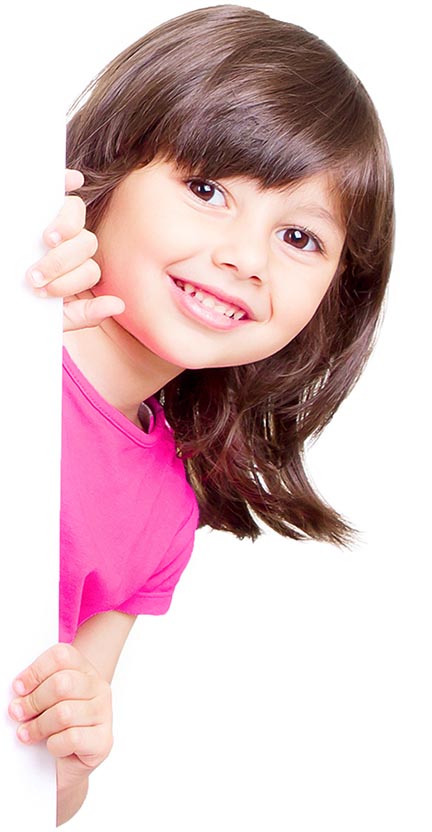Preschool & Kinder Primary Program (Ages 3-6)
Lingua Natal is a unique school that prepares its students for the challenges of an international, 21st century world. Through our rigorous multi lingual education our students are able to develop the superior critical thinking abilities and mental flexibility associated with being bilingual and multi-lingual. Lingua Natal has over 23 years of experience in sharing cultures and languages. We take great pride in our ability to give students the tools needed to richly experience and succeed.
The Lingua Natal Primary Program is a holistic, educational approach that focuses on the individuality of each child in respect to their needs and talents as opposed to the needs of the class as a whole. For us, the physical, emotional, social, aesthetic, and cognitive needs are inseparable and equally important.
The Primary Program encourages independence and freedom with limits and responsibilities. Here, the students increase their knowledge through self and teacher-initiated experiences. Learning continues to take place through the senses in this phase of development.
Our environments are multi-aged. The older children provide leadership, guidance, and act as role models for the younger children. The mix of ages and children involved in different languages/cultures provides opportunities for a variety of lasting and meaningful friendships.
Practical Life
Brain & Body Development
Learn More...
- Preliminary Exercises and Movement: Walking in the classroom; managing tables and chairs; carrying trays and materials
- Silence (Cessation of Movement): Care of self and environment; dressing; polishing; hand washing; dusting; food preparation
- Grace, Courtesy, and Virtues Project: Social greetings and conventions; introductions; problem solving strategies; non-violent communication
Sensory
Writing Preparation
Learn More...
- Visual: Dimension; size; color; and shapes
- Geometry: Regular and irregular shapes; geometric solids; superimposed geometric figures; botany cabinet
- Auditory: Sound boxes; bells
- Olfactory: Smelling bottles/boxes
- Gustatory
- Tactile: Rough/smooth; soft/hard; (Thermic Tablets) varying degrees of heat; (Baric Tablets) varying degrees of weight
- Stereognostic (Muscular and Tactile mixed)- Mystery bags/bean bowls
- Physical Geography (globes; puzzle maps; land & water forms)
Language
Full Immersion
Learn More...
- Indirect Preparation for reading and writing
- Practical life exercises that provide left to right movement and sequences
- Cylinder blocks and metal insets to prepare hand for handwriting
- Geometry, botany, and geography materials to develp sense of shape and direction
- Spoken language skills and vocabulary development
- Word games leading to phonemic awareness
- Reading Mechanics
- Sound-symbol correspondence
- Phonograms
- Phonetic words
- Sight words
- Reading nomenclature from classroom studies
-
- Language Study
- Function of words (parts of speech)
- Word study (prefixes, suffixes, synonyms, singular, and plural forms)
- Advanced language study: syntax; interpretive; reading and language extension
- Writing mechanics
- Sound-symbol correspondence
- Forming letters without writing
- Alphabet: Lower case and upper case
- Captions and Labels
- Journal keeping; story writing and drawing; copying poetry and songs
- Comprehension
- Respond to text in a variety of ways: speaking, writing, and drawing
- Listen purposefully
- Identify and describe characters and their feelings
- Identify title, author, and illustrator
- Indicate chronological order of events
- Recount plot or information from texts
- Make reasonable predictions about what will happen next in a story
- Participate in group discussions
- Language Study
Mathematics
Counting, Geometry & Measuring
Learn More...
- Association of quantity, symbol (numeral) & sequence of numbers 1-10
- Linear counting and number combinations of 10 to 1000
- Decimal System
- Geometric shapes, forms and nomenclature
- Fundamentals of the decimal system; understanding numbers to 9,999
- Identify odd and even
- Identify coins
- Measuring & estimating
- Math Tables
- Addition, subtraction, multiplication, and division
- Addition and subtraction of two four-digit numbers with exchanging
- Skip counting (using manipulative)
- Fractions
Culture
Art, Music & Movement
Learn More...
- Art, including two and three dimensional representations and art appreciation
- Movement, including dance, yoga and creative movement
- Theater, including puppetry, dramatic expression and story book theater
- Rhythm; instruments; music and music appreciation
- Food preparation (vegetables/fruits); cooking
Science
Physical & Life Sciences
Learn More...
- The Solar System; Land/air/water; human body; skeleton; five senses; the power of plants; nutrition; healthy habits; natural habitats; the importance of respecting our natural habitats; reduce; re-use and recycle
Botany
The Biology of Plants
Learn More...
Zoology
The Animal Kingdom
Learn More...
Sensory Experience
Emotional Development
Learn More...
Geography
Countries & Maps
Learn More...
Mindfulness
Wellness & Peace
Learn More...
The Lingua Natal Primary Program is a holistic, educational approach that focuses on the individuality of each child in respect to their needs and talents as opposed to the needs of the class as a whole. For us, the physical, emotional, social, aesthetic, and cognitive needs are inseparable and equally important.
The Primary Program encourages independence and freedom with limits and responsibilities. Here, the students increase their knowledge through self and teacher-initiated experiences. Learning continues to take place through the senses in this phase of development.
Our environments are multi-aged. The older children provide leadership, guidance, and act as role models for the younger children. The mix of ages and children involved in different languages/cultures provides opportunities for a variety of lasting and meaningful friendships.

Philosophy
Swans (Ages: 3–4)
The Lingua Natal Primary Program is a holistic, educational approach that focuses on the individuality of each child in respect to their needs and talents as opposed to the needs of the class as a whole. For us, the physical, emotional, social, aesthetic, and cognitive needs are inseparable and equally important.
The Primary Program encourages independence and freedom with limits and responsibilities. Here, the students increase their knowledge through self and teacher-initiated experiences. Learning continues to take place through the senses in this phase of development.
Our environments are multi-aged. The older children provide leadership, guidance, and act as role models for the younger children. The mix of ages and children involved in different languages/cultures provides opportunities for a variety of lasting and meaningful friendships.

